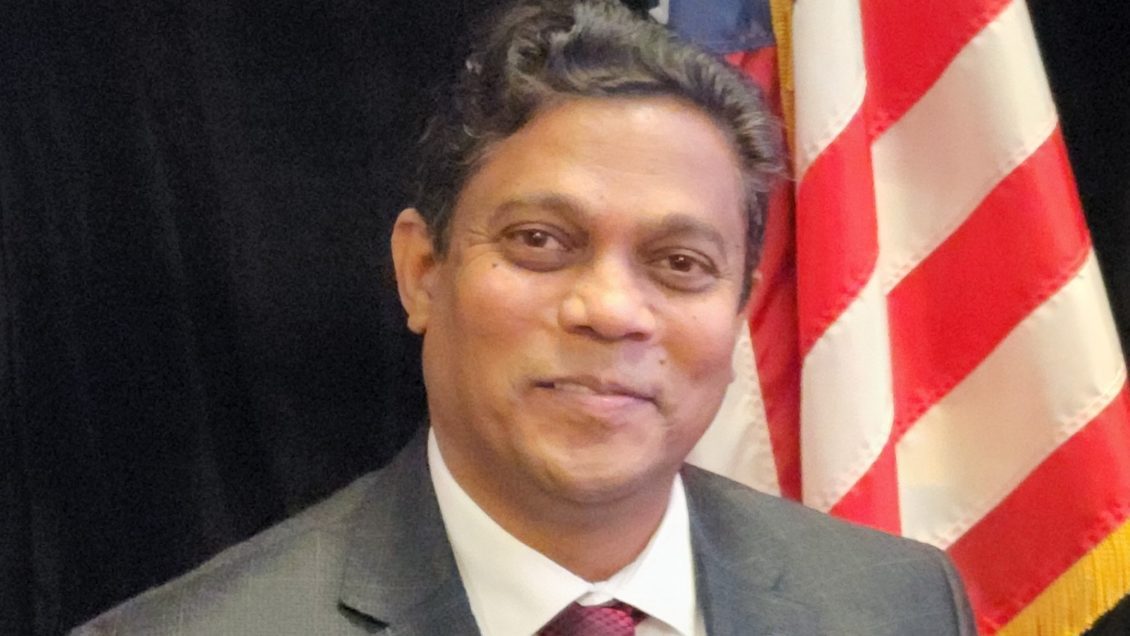For the next few weeks, South Carolina could end up in the bull’s eye at any time. A tropical storm could bloom into a hurricane and wallop the coast, leaving thousands or even millions without power for days. While I hope we manage to avoid a major storm, this annual threat is a great reminder of how important it is to focus on power grid resiliency.

The nation’s power grid faces unprecedented challenges and not just from hurricanes. Demand is rising as infrastructure ages, more of us plug in electric cars, utilities transition to sustainable energy sources and climate change makes the weather more extreme and unpredictable.
If we are to continue to enjoy a safe, continuous flow of electricity to our homes and businesses in the future, it is imperative that we focus on smart-grid technology and the workforce behind it.
I recently had the opportunity to speak on this topic to the 62nd annual meeting of the Southern States Energy Board hosted by Gov. Henry McMaster. In a nutshell, this was my message:
Electricity and its underlying infrastructure are critical to the health and prosperity of society. Electrical infrastructure supports all other infrastructure. In other words, it’s hard to run a manufacturing plant, teach kids in a school or conduct surgery in a hospital if the electricity is shut down.
Now is the time to step up our efforts to fortify the electric power grid because outages are already becoming more common. Grid disturbances have increased sharply, going from 23 in 2002 to 196 in 2018, according to AMERESCO.
Our emphasis should be on resilience, which is different from reliability. While minimizing the likelihood of large geographical area, long-duration outages is important, a resilient system is one that acknowledges that such outages can occur, prepares to deal with them, minimizes their impact when they occur, is able to restore service quickly and draws lessons from the experience to improve performance in the future.
Two fields of study will help us establish a resilient grid– situational intelligence (an invention of mine at Clemson University) and cyber resilience.
Situational intelligence is looking ahead to how situations will unfold over time so that the grid responds to changing conditions, often more quickly than a human could.
Cyber resilience aims to protect the grid using established cybersecurity techniques, while acknowledging that that protection can never be perfect and will require intelligent monitoring, detection, and response to provide continuous delivery of electricity.
We are diligently researching these topics in the Real-Time Power and Intelligent Systems Laboratory, a world-class facility at Clemson University. Students in the lab are conducting cutting-edge research that not only helps advance the technology behind the smart grid but also prepares them to become the leaders and innovators of the future.
As the grid comes under more strain, this work will become increasingly important. A focus on smart grid technology and its workforce now is the light that will keep us out of the dark in the future.
Kumar Venayagamoorthy is the Duke Energy Distinguished Professor of Power Engineering at Clemson University, director and founder of the Real-Time Power and Intelligent Systems Laboratory and an IEEE Fellow for his contributions to the application of artificial intelligence to power systems.
Get in touch and we will connect you with the author or another expert.
Or email us at news@clemson.edu

